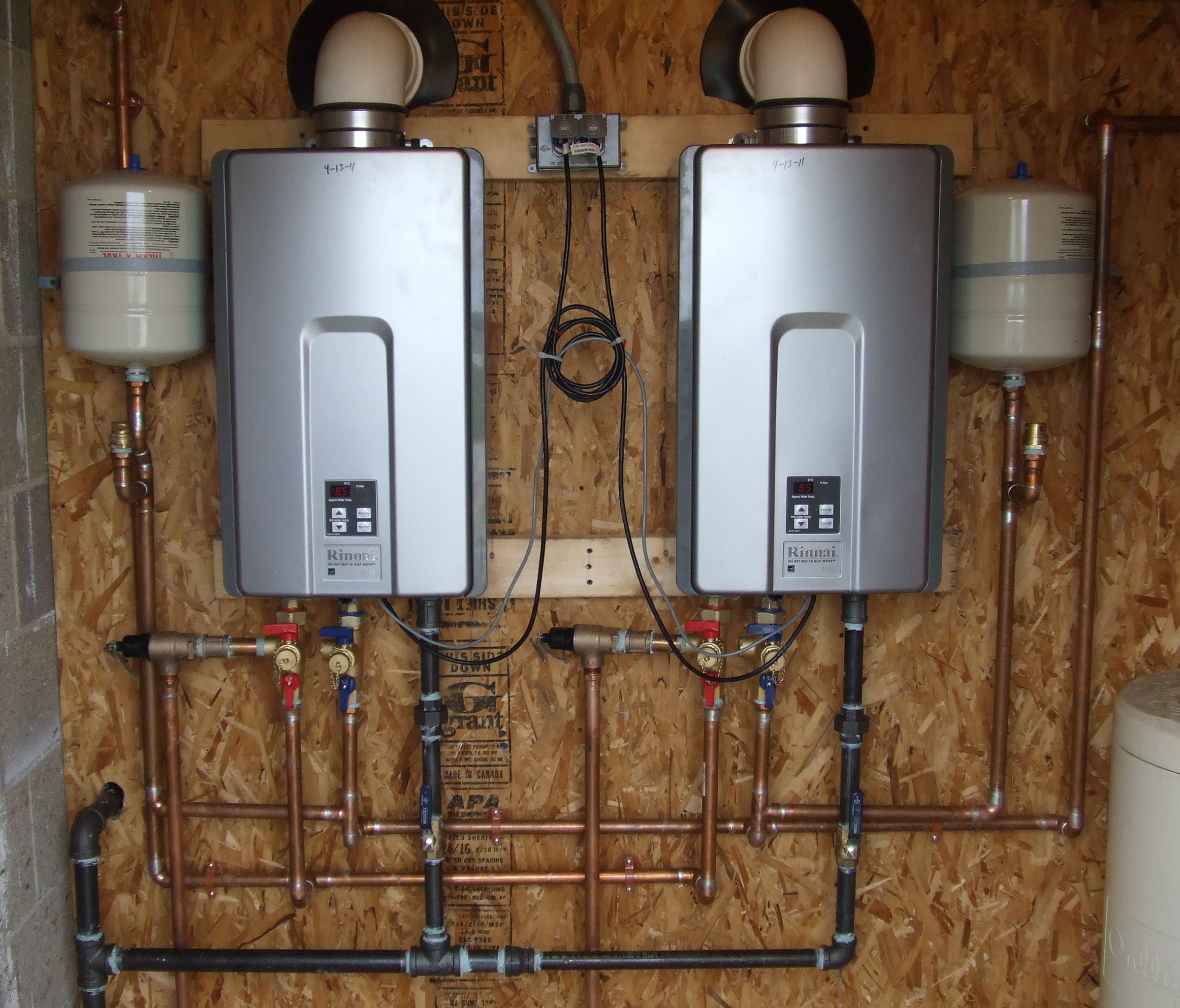Understanding Water Heaters and Boilers for Your Home
Selecting the right water heating system can significantly impact your home's energy efficiency and monthly utility bills. Whether you're building a new home, replacing an aging unit, or simply exploring your options, understanding the differences between tankless and traditional water heaters, as well as the benefits of modern energy-efficient models, will help you make an informed decision that suits your household's needs and budget.

Compare Tankless and Traditional Water Heaters
When deciding between tankless and traditional water heaters, it’s essential to understand how each system operates and what advantages they offer. Traditional storage tank water heaters maintain a reservoir of hot water, typically ranging from 30 to 80 gallons, keeping it heated and ready for use. These units are generally less expensive upfront and easier to install, making them a popular choice for many homeowners.
Tankless water heaters, also known as on-demand or instantaneous water heaters, heat water only when you need it. Cold water travels through a pipe into the unit, where either a gas burner or an electric element heats it instantly. This eliminates the need for a storage tank and can provide an endless supply of hot water. However, the flow rate may be limited, meaning that simultaneous use of multiple hot water outlets could reduce the temperature or pressure.
The choice between these two systems often comes down to household size, hot water usage patterns, available space, and budget considerations. Traditional tank systems work well for families with predictable usage patterns, while tankless systems appeal to those seeking energy savings and unlimited hot water supply.
Benefits of Energy-Efficient Water Heaters
Energy-efficient water heaters offer numerous advantages beyond just reducing your carbon footprint. Modern units are designed to minimize heat loss and maximize energy conversion, which translates directly into lower utility bills. Energy Star-certified models, for instance, can be 10 to 50 percent more efficient than standard models, depending on the type and technology used.
One significant benefit is the reduction in standby heat loss, particularly with tankless and heat pump water heaters. Traditional tank systems constantly lose heat to the surrounding environment, requiring the unit to reheat water periodically even when not in use. Tankless systems eliminate this issue entirely, while heat pump water heaters use electricity to move heat from the air or ground to heat water, using significantly less energy than conventional electric resistance heaters.
Additionally, many energy-efficient models qualify for federal tax credits, state rebates, or utility company incentives, which can offset the higher initial purchase price. Over the lifespan of the unit, typically 10 to 20 years depending on the type, the cumulative energy savings can be substantial, often paying back the initial investment and providing ongoing savings.
Guide to Choosing the Right Water Heater
Selecting the appropriate water heater for your home involves evaluating several key factors. First, assess your household’s hot water demand by considering the number of occupants, peak usage times, and simultaneous hot water needs. A family of four with multiple bathrooms will have different requirements than a single person or couple.
Next, consider the fuel type available in your home. Water heaters can be powered by electricity, natural gas, propane, solar energy, or geothermal energy. Natural gas units typically have lower operating costs than electric models, but installation costs may be higher if gas lines need to be added. Solar water heaters can provide significant long-term savings but require adequate sunlight and a backup system for cloudy days.
Space availability is another crucial consideration. Traditional tank water heaters require significant floor space, while tankless models can be mounted on walls, freeing up valuable square footage. Additionally, consider the unit’s energy factor rating, which measures overall efficiency. Higher ratings indicate better efficiency and lower operating costs.
Real-World Cost Considerations and Comparisons
Understanding the cost implications of different water heating systems helps you make a financially sound decision. The total cost of ownership includes not only the purchase price but also installation, maintenance, and ongoing energy expenses. Below is a comparison of common water heater types with estimated costs.
| Water Heater Type | Average Unit Cost | Installation Cost | Annual Operating Cost | Lifespan |
|---|---|---|---|---|
| Traditional Gas Tank | $400 - $900 | $500 - $1,500 | $200 - $350 | 10-15 years |
| Traditional Electric Tank | $300 - $700 | $300 - $1,000 | $400 - $600 | 10-15 years |
| Tankless Gas | $1,000 - $3,000 | $1,000 - $3,000 | $150 - $250 | 20+ years |
| Tankless Electric | $500 - $1,500 | $500 - $1,500 | $200 - $400 | 20+ years |
| Heat Pump (Hybrid) | $1,200 - $2,500 | $1,000 - $2,500 | $150 - $250 | 10-15 years |
Prices, rates, or cost estimates mentioned in this article are based on the latest available information but may change over time. Independent research is advised before making financial decisions.
Maintenance and Longevity
Proper maintenance significantly extends the life of your water heating system and maintains its efficiency. Traditional tank water heaters require annual flushing to remove sediment buildup, which can reduce heating efficiency and damage the tank. Checking the anode rod every few years and replacing it when corroded prevents tank corrosion and leaks.
Tankless water heaters require descaling annually or semi-annually, especially in areas with hard water. Mineral buildup can restrict water flow and reduce heating efficiency. Many manufacturers recommend professional servicing to ensure optimal performance and maintain warranty coverage.
Heat pump water heaters need air filter cleaning every few months and periodic inspection of the heat pump components. Regardless of the type, scheduling regular professional inspections can identify potential issues before they become costly repairs, ensuring your system operates efficiently throughout its lifespan.
Environmental Impact and Sustainability
Choosing an energy-efficient water heating system contributes to environmental sustainability by reducing greenhouse gas emissions and conserving natural resources. Water heating accounts for approximately 18 percent of home energy use, making it the second-largest energy expense after heating and cooling.
Solar water heaters offer the most environmentally friendly option, using renewable energy to heat water with minimal carbon emissions. While initial costs are higher, they can reduce water heating bills by 50 to 80 percent in sunny climates. Heat pump water heaters also provide excellent environmental benefits, producing significantly fewer emissions than conventional electric models.
Even upgrading from an older traditional tank system to a modern high-efficiency model can substantially reduce your environmental footprint. Many utilities and government programs offer incentives for upgrading to energy-efficient systems, recognizing the collective environmental benefits of widespread adoption of these technologies.




